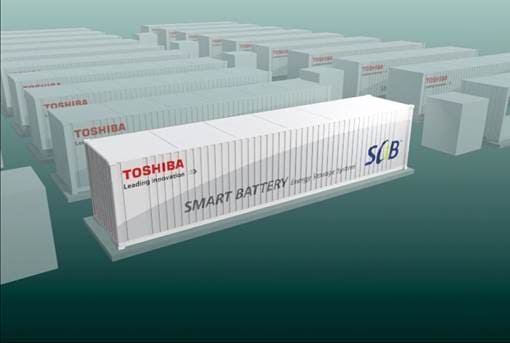Motorists want to & can be ‘CO2 emission neutral’
An alternative to airconditioners?
August 29, 2006Jobs – SA
September 1, 2006BP (UK) launches a plan to sequester C02 emissions of ‘client motorists’
What exactly is ‘carbon sequestration’? It’s a term describing processes that remove carbon from the atmosphere – intended to help mitigate global warming. A variety of means of artificially capturing and storing carbon, as well as of enhancing natural sequestration processes, are being explored.
From London GreenBiz.com reports on a new program that allows U.K. drivers to neutralize the carbon dioxide emissions caused by their driving. BP research has shown many consumers want to do ‘something to help’ but they don’t know where to start.
The program, available at www.targetneutral.com, enables all drivers to take action to reduce their individual impact on climate change by funding CO2 reductions generated from environmental projects.
An average car, driven 10,000 miles in a year, generates approximately four tons of CO2. To neutralize this amount of carbon emissions via targetneutral will cost around £20 (about AUS$55) a year.
Leading NGOs have been consulted and an independent Advisory and Assurance Panel, chaired by Jonathon Porritt, Founder Director of Forum for the Future www.forumforthefuture.org.uk, set up to advise and monitor processes. Porritt says, “The scientific consensus on climate change is overwhelming: we need to take radical action now if we are to avoid catastrophic consequences.”
The links between driving and climate change should become more obvious with the scheme, helping everyone get more ‘carbon literate’.
BP has initiated targetneutral, providing all set-up funding and will meet all ongoing running costs. All targetneutral members’ money, apart from taxes and payment transaction costs, will go toward CO2 emission reductions via the purchase of carbon credits. BP takes nothing from the scheme members’ contribution.
The money generated by targetneutral goes to a portfolio of CO2 reduction projects including alternative and renewable energy. Replacing traditional energy production methods with low CO2 emitting alternatives, is one way CO2 reductions are achieved. Some initial projects are:
- a biomass energy plant in Himachal Pradesh;
- a wind farm in Karnataka, India;
- an animal waste management and methane capture program in Mexico.
As targetneutral grows, more projects will be added. BP says it will follow strict procedures to ensure the projects’ integrity.
If you saw this week’s Four Corners ABC program – ‘What price global warming?’ and John Howard’s dismissal of the call for Australia to cut its greenhouse emissions by 60 per cent by 2050 – you will relate to BP’s UK initiative as I did, with relief at the good news that ‘somewhere big business is doing something’. The call came from a report commissioned by the Business Roundtable on Climate Change, made up of companies such as BP, the Visy Corporation and Westpac Bank
The report, by the CSIRO, warns that if Australia does not cut emissions by more than half, the Great Barrier Reef will be lost and the Kakadu wetlands will dry up. Westpac Bank Group general manager Noel Purcell says the science debate has been won.

